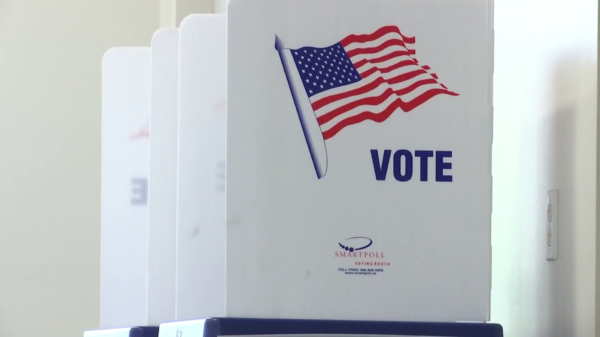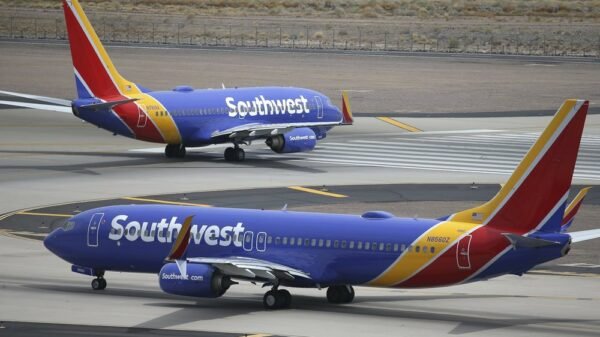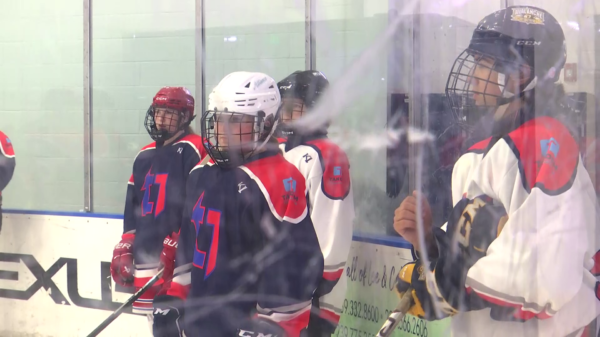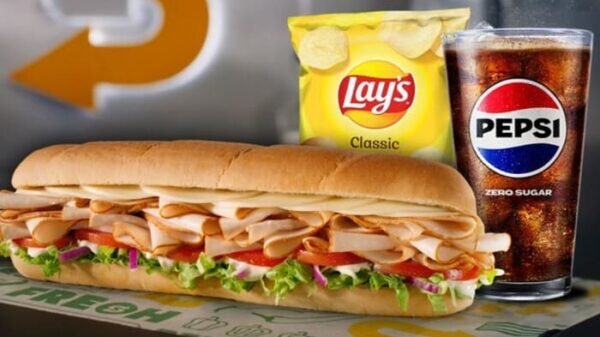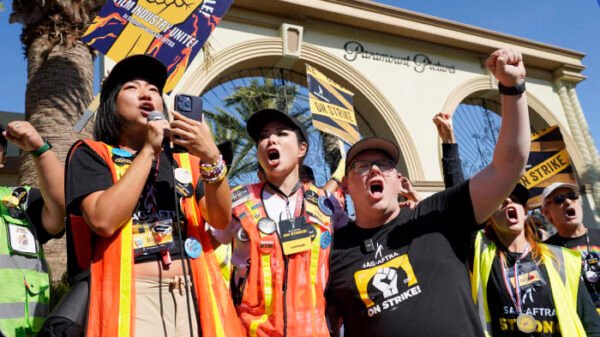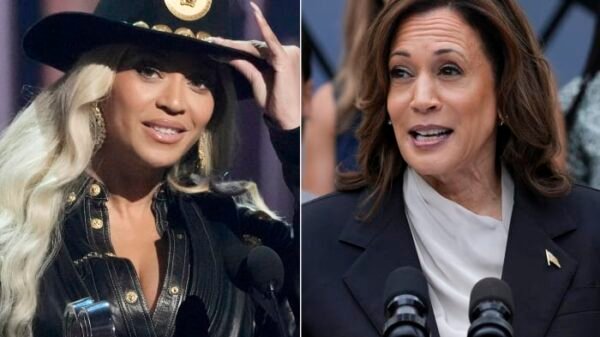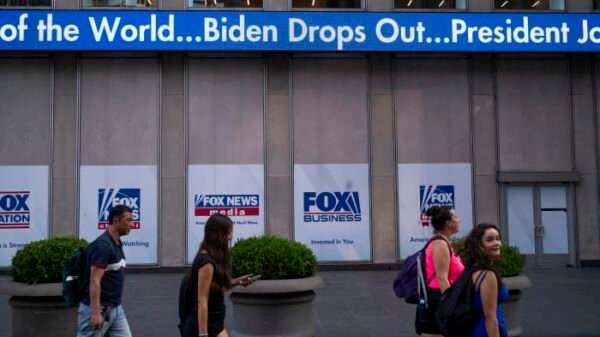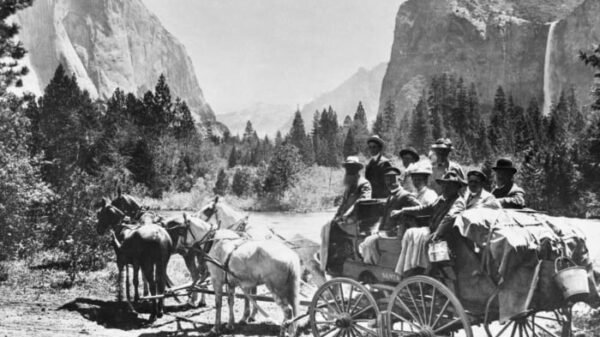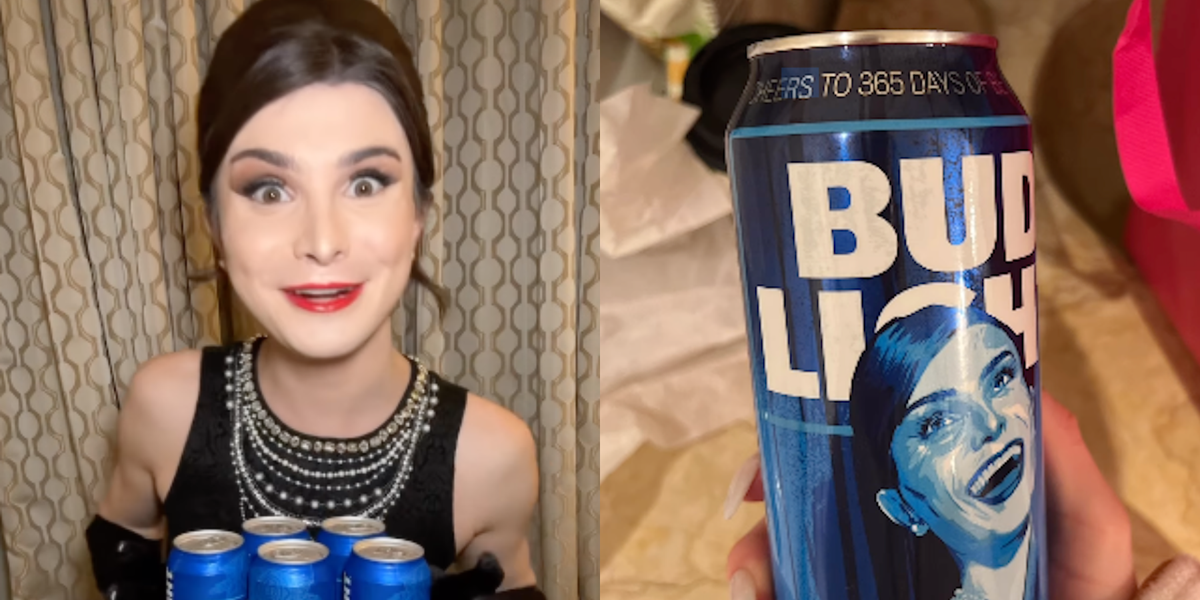In recent news, experts claim that the Bud Light boycott is failing miserably as it is backfiring on the boycotters. After Bud Light released a statement claiming they would only be using rice as an ingredient in their beer, and not corn syrup like some of their competitors, several corn producers launched a boycott against the brand. However, the boycott has had little to no impact on Bud Light’s sales and instead has caused negative reactions towards the corn industry. Find out more about the Bud Light boycott and its unexpected consequences in this article.
Introduction
Recently, Bud Light has faced backlash from some of its consumers over its Super Bowl advertisement, which called out its competitors for using corn syrup in their beer-making process. In response, some people have launched a boycott campaign against Bud Light. However, experts in the marketing and advertising industry believe that the boycott is backfiring on the boycotters.
Why the Boycott Is Backfiring
Firstly, the boycott campaign is helping Bud Light get more attention and exposure. The more people talk about the campaign, positively or negatively, the more likely it is that others will become aware of Bud Light’s Super Bowl advertisement. This can result in free media exposure for the brand, which is something that most companies strive for in their marketing efforts.
Secondly, the boycott campaign is generating controversy, which is a powerful tool in the advertising industry. Controversy attracts attention and creates buzz, which can drive sales and increase brand recognition. It also creates a conversation around the brand, which is essential for brand awareness and brand loyalty.
Thirdly, the boycott campaign is not having a significant impact on Bud Light’s sales. According to a report by MarketWatch, Bud Light’s sales increased in February 2019, which was the month after the Super Bowl advertisement aired. This suggests that the boycott campaign is not affecting the brand’s financial performance in any significant way.
Expert Opinion: Why Controversy Works
Marketing and advertising experts have long understood the power of controversy in creating memorable and effective campaigns. According to a report by AdAge, controversy can drive up to 30% more engagement and 20% more shares compared to non-controversial campaigns.
Some experts believe that this is because controversy triggers emotions in people, which compels them to take action. Whether it is to support or oppose a controversial campaign, people are more likely to engage with it, comment on it, and share it with their friends and family.
In Bud Light’s case, the controversial Super Bowl advertisement has triggered a strong emotional response from some consumers, who have launched a boycott campaign against the brand. However, this has also resulted in more exposure for the brand and more conversation around its products. While the boycotters may think that they are hurting Bud Light’s sales, they are inadvertently helping the brand by spreading the word about its products to a wider audience.
The Importance of Brand Awareness and Recognition
Brand awareness and brand recognition are critical factors in building a successful business. Companies invest millions of dollars in advertising campaigns and branding efforts to ensure that their products are recognized and remembered by consumers.
Bud Light’s Super Bowl advertisement was designed to increase brand awareness and recognition, and it has achieved that goal. The advertisement was widely talked about, and it generated a lot of buzz and controversy. This has resulted in more people becoming aware of Bud Light’s products and recognizing the brand name.
The boycott campaign may have been launched to hurt Bud Light’s sales, but it has inadvertently helped the brand by increasing its exposure and generating more conversation around its products. This is precisely the type of outcome that most companies strive for in their marketing and advertising efforts.
Conclusion
In conclusion, the experts are right – the Bud Light boycott campaign is indeed backfiring on the boycotters. Instead of hurting the brand, the campaign is generating more attention, controversy, and brand recognition for Bud Light. While controversy is not always a good thing, in this case, it is helping to achieve the brand’s marketing and advertising goals. For Bud Light, the controversy is working in its favor, and the brand is likely to continue using provocative and controversial tactics in its future campaigns.



